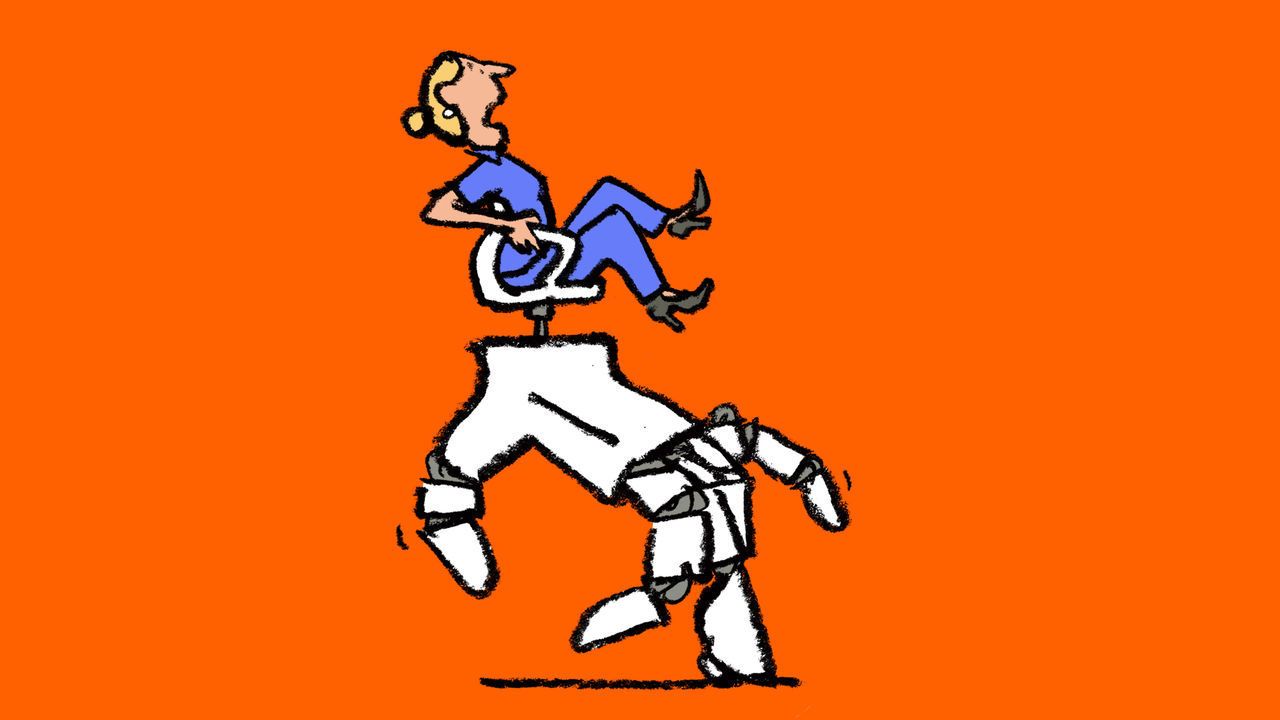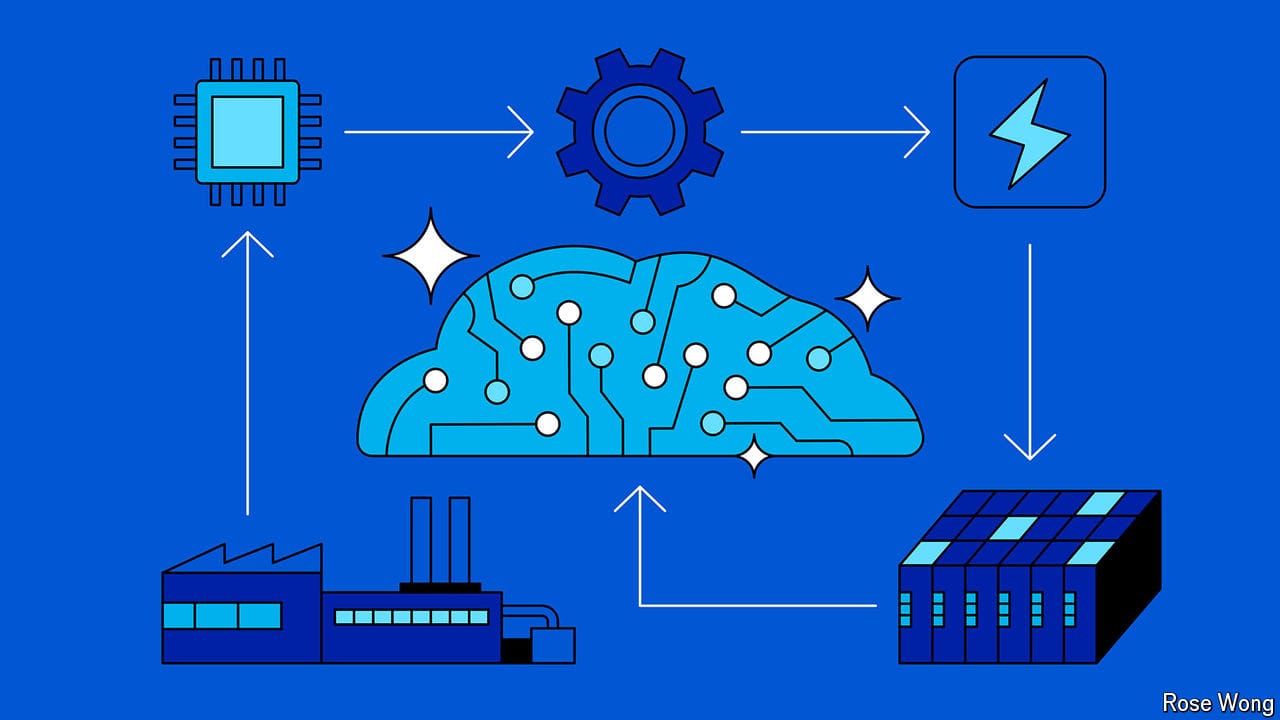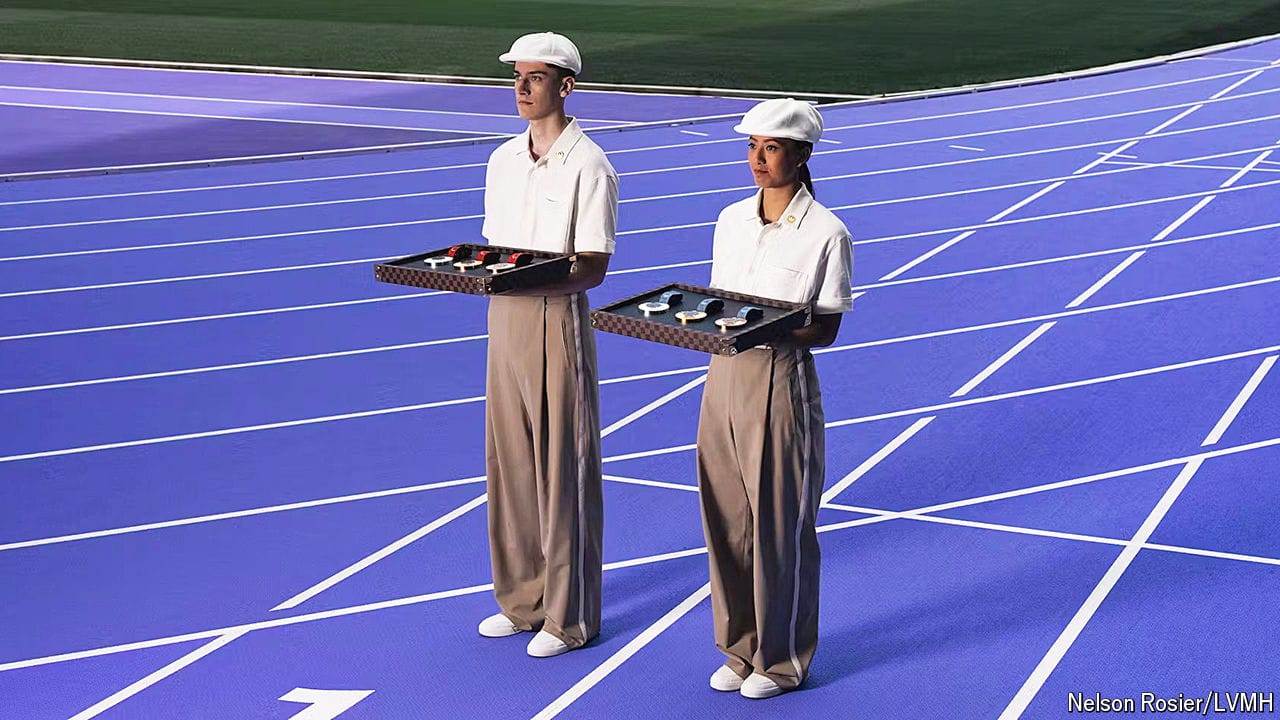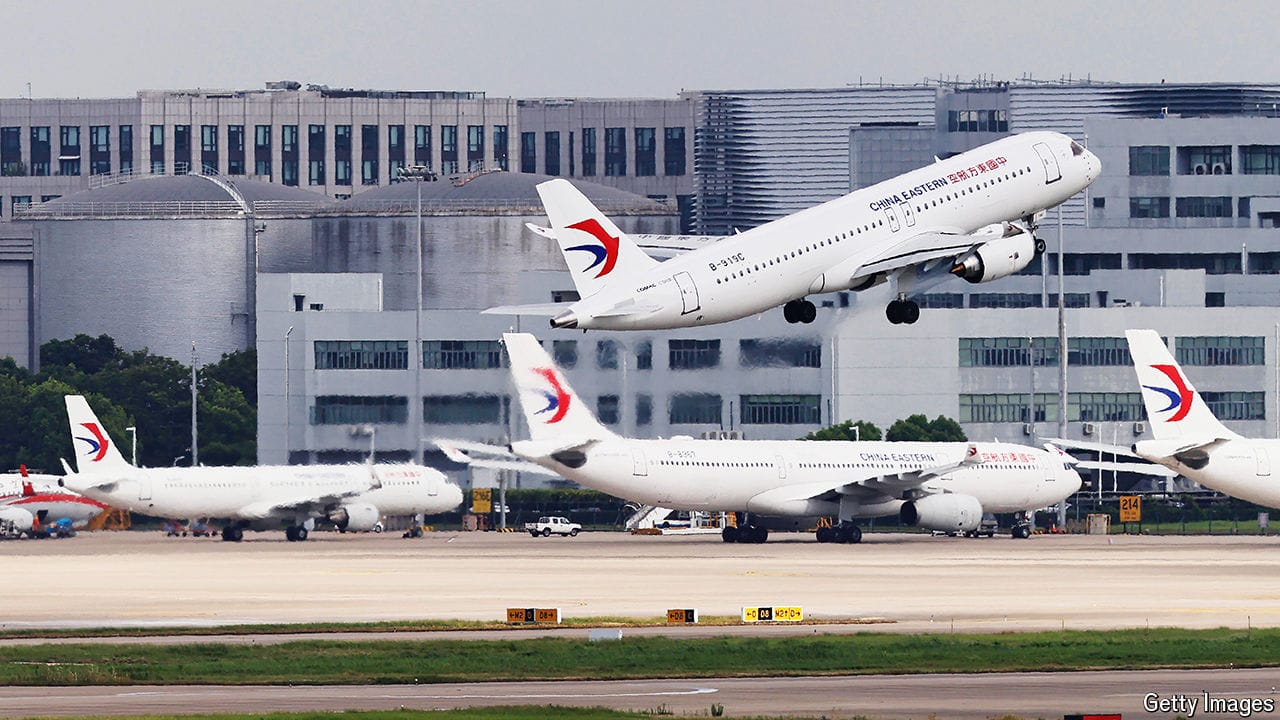Machines might not take your job. But they could make it worse
How robots and AI change the meaningfulness of work

July 19th was a day for help-desk heroes and support superstars. A routine software update by CrowdStrike, a cyber-security company, caused computer outages in offices, hospitals and airports worldwide. Most white-collar workers looked disconsolately at their screens and realised just how useless they are if they cannot log in. People in IT came to the rescue of helpless colleagues and stranded passengers. Their work that day was full of stress—but also full of meaning.
If machines can add purpose to some jobs when they fail, what about when they work properly? This is not an idle question. Discussions about artificial intelligence (AI) in particular easily get lost in hypothetical debates about wholesale job losses or, worse, the nature of consciousness. But technologies tend to spread in less dramatic ways, task by task rather than role by role. Before machines replace individuals, they change the nature of the work they do.
Explore more
This article appeared in the Business section of the print edition under the headline “Machines and the meaning of work”
Business July 27th 2024
More from Business

What are the threats to the $1trn artificial-intelligence boom?
A fast-growing supply chain is at risk of over-extending

LVMH is splurging on the Olympics
Will it pay off?

Can China smash the Airbus-Boeing duopoly?
It hopes to succeed where others have failed
Why is Mark Zuckerberg giving away Meta’s crown jewels?
Augustus Caesar goes on the open-source warpath
Donald Trump’s promise of a golden age for oil is fanciful
There is not much he could do to boost fossil fuels—or rein in clean energy
China’s robotaxis are racing ahead of Tesla’s
Baidu is leaving Western carmakers in the dust
